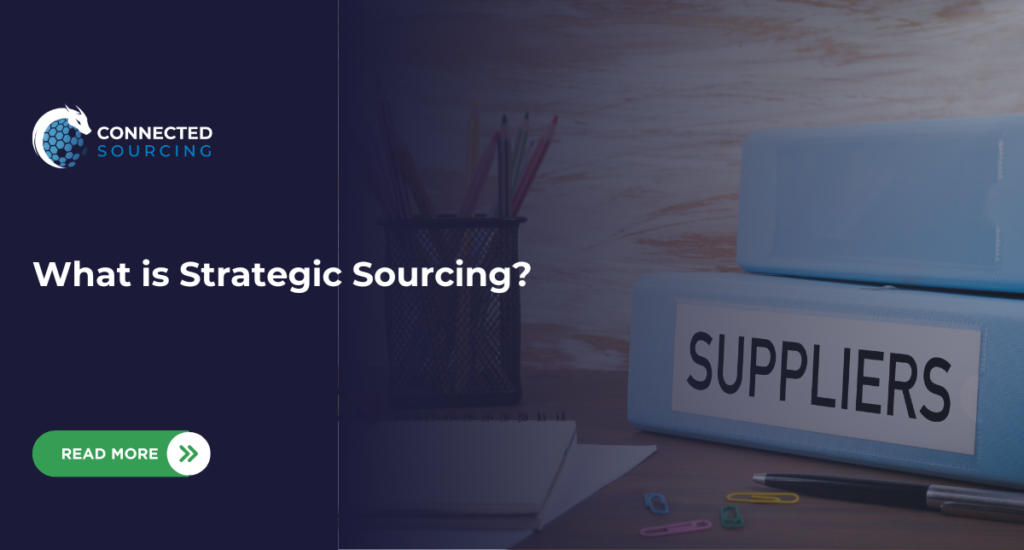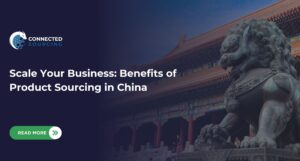
Strategic sourcing is a systematic and collaborative approach to procuring goods, services, and resources that align with an organization’s overall business strategy. It involves evaluating and selecting suppliers or vendors based on a comprehensive analysis of various factors beyond just price, such as quality, reliability, capacity, innovation, and total cost of ownership.
The goal of strategic sourcing is to identify and engage suppliers who can provide the best value for the organization, considering both immediate needs and long-term strategic goals. It goes beyond traditional procurement practices that focus primarily on negotiating the lowest price. Strategic sourcing takes into account the entire supply chain, including supplier relationships, risk management, and performance monitoring.
The strategic sourcing process typically involves several steps:
1 Needs Assesment: Understanding the organization’s requirements, including quality standards, volume, timing, and any specific criteria or constraints.
2 Supplier Identification: Researching and identifying potential suppliers that can meet the organization’s needs. This may involve market research, supplier databases, and industry contacts.
3 Supplier Evaluation and Selection: Assessing potential suppliers based on pre-defined criteria such as price, quality, capabilities, financial stability, past performance, and ethical considerations. This may involve issuing requests for proposals (RFPs) or conducting supplier audits.
4 Negotiation and Contracting: Engaging in negotiations with selected suppliers to establish mutually beneficial terms and conditions. This includes discussing pricing, delivery terms, service levels, and any other relevant contractual obligations.
5 Supplier Relationship Management: Establishing and maintaining strong relationships with selected suppliers. This includes ongoing communication, performance monitoring, and addressing any issues or concerns that may arise.
By implementing strategic sourcing practices, organizations aim to optimize their procurement activities, reduce costs, mitigate risks, ensure supplier reliability, foster innovation, and enhance overall supply chain performance. It is a proactive approach that emphasizes long-term value creation rather than simply focusing on short-term cost savings. Contact Connected Sourcing now!





















